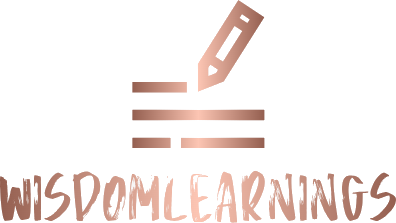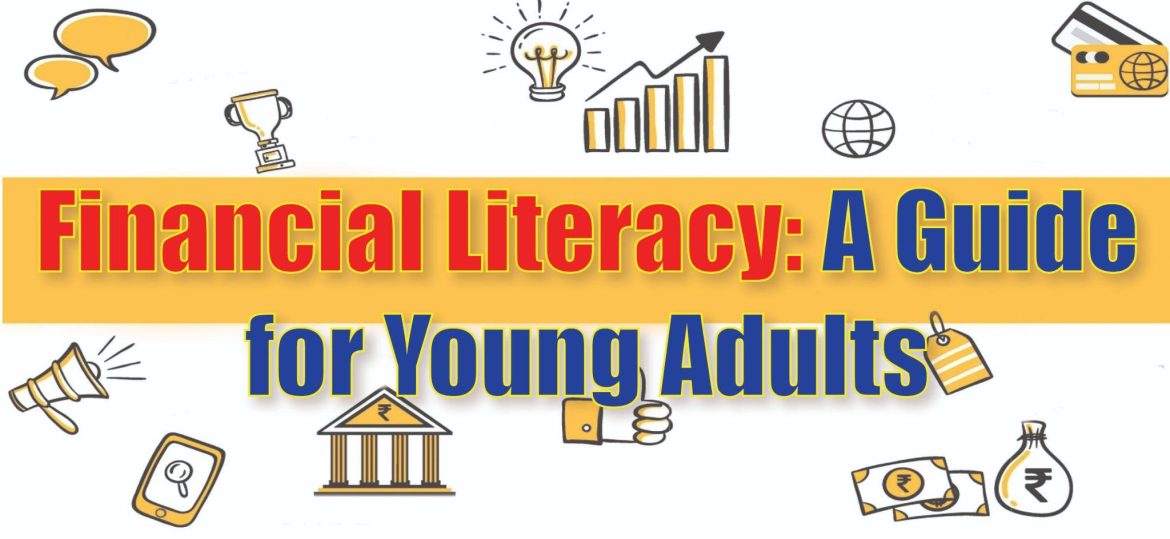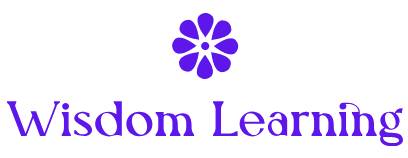Table of Contents
Financial literacy is an essential skill that significantly impacts an individual’s ability to manage their personal finances effectively. For young adults, gaining financial literacy early on can set the foundation for a lifetime of sound financial decisions and stability. This article explores why financial literacy is crucial for young adults, how it can influence their future, and practical steps for improving financial understanding.
1. Building a Strong Financial Foundation
1.1. Understanding Basic Financial Concepts
Financial literacy involves understanding basic concepts such as budgeting, saving, investing, and debt management. For young adults, mastering these concepts early on can help them make informed decisions about their money. Learning how to create and stick to a budget, for example, enables individuals to manage their income and expenses effectively, avoiding unnecessary debt and building savings.
1.2. Developing Good Financial Habits
Establishing good financial habits from a young age can lead to long-term financial stability. By learning to budget, save, and invest wisely, young adults can develop habits that promote financial health. For instance, understanding the importance of an emergency fund can prepare individuals for unexpected expenses and reduce the likelihood of falling into debt.

2. Avoiding Common Financial Pitfalls
2.1. Managing Student Loan Debt
Many young adults face student loan debt as they enter the workforce. Financial literacy equips individuals with the knowledge to manage this debt effectively. Understanding different repayment options, interest rates, and loan forgiveness programs can help young adults make informed decisions about repaying their loans and minimizing their financial burden.
2.2. Avoiding Credit Card Pitfalls
Credit cards can be a valuable tool when used responsibly, but they also carry risks, such as high interest rates and potential for accumulating debt. Financial literacy helps young adults understand how credit works, including the impact of interest rates, minimum payments, and credit scores. This knowledge enables them to use credit cards wisely and avoid falling into debt traps.
3. Planning for the Future
3.1. Investing for Long-Term Goals
Financial literacy provides young adults with the knowledge to plan for long-term financial goals, such as buying a home, starting a family, or retiring comfortably. Understanding investment options, such as stocks, bonds, and retirement accounts, allows individuals to make informed decisions about growing their wealth and achieving their financial objectives.
3.2. Retirement Planning
It’s never too early to start planning for retirement. Financial literacy helps young adults understand the importance of starting to save for retirement early. Compounding interest means that the earlier individuals begin saving, the more their money can grow over time. Knowledge of retirement accounts, such as 401(k)s and IRAs, enables young adults to take advantage of employer contributions and tax benefits.

4. Enhancing Financial Decision-Making
4.1. Evaluating Financial Products
Financial literacy helps young adults make informed decisions about various financial products and services. From choosing the right bank account to selecting an insurance policy or a mortgage, understanding the features, benefits, and costs of financial products can lead to better decision-making and avoid costly mistakes.
4.2. Understanding Financial Statements
Being able to read and interpret financial statements, such as bank statements and investment reports, is crucial for managing personal finances. Financial literacy provides the skills to understand these documents, track expenses, monitor investments, and assess financial health.
5. Developing Financial Independence
5.1. Managing Income and Expenses
Financial literacy empowers young adults to take control of their finances by managing their income and expenses effectively. Creating a budget, tracking spending, and setting financial goals are key components of financial independence. By developing these skills, individuals can avoid living paycheck to paycheck and build a solid financial foundation.
5.2. Making Informed Financial Choices
Understanding financial principles allows young adults to make informed choices about major financial decisions, such as purchasing a car, buying a home, or starting a business. Financial literacy provides the knowledge to evaluate costs, benefits, and risks, leading to more informed and confident decision-making.

6.1. Dealing with Unexpected Expenses
Life is full of unexpected expenses, from medical emergencies to car repairs. Financial literacy helps young adults prepare for these challenges by emphasizing the importance of having an emergency fund and understanding how to manage unexpected costs. Being financially prepared reduces stress and provides a safety net during difficult times.
6.2. Addressing Financial Setbacks
Financial setbacks, such as job loss or unexpected bills, can occur at any time. Financial literacy equips individuals with strategies to handle these setbacks effectively, including budgeting adjustments, exploring alternative income sources, and seeking professional financial advice if needed.
Conclusion
Financial literacy is a crucial skill that empowers young adults to manage their finances effectively, avoid common pitfalls, plan for the future, and achieve financial independence. By understanding basic financial concepts, developing good habits, and making informed decisions, young adults can build a solid foundation for financial stability and success. Investing in financial education and seeking resources to improve financial literacy can lead to better financial outcomes and a more secure future. As young adults navigate the complexities of personal finance, the knowledge and skills gained through financial literacy will serve as a valuable asset throughout their lives.


